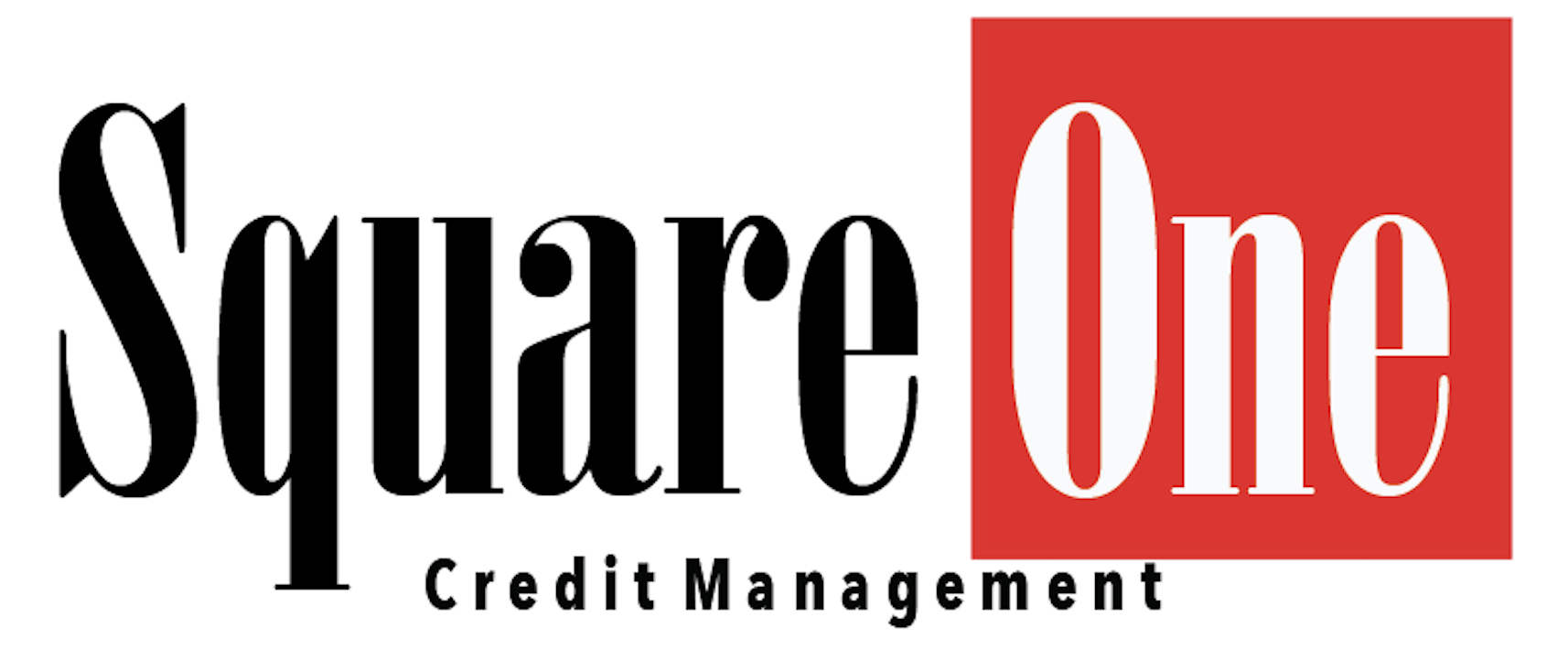SBA LOAN CREDIT REPAIR
Eligibility For Small Business SBA Loans
Let’s face it, there are over 27 million small businesses in the US. Over 26 Million of these businesses employ ten people are less. Are you prepared for the next economic downturn? Are you willing to let your business you have built on blood sweat and tear become defunct? You aren’t, so we need to fight, but you are going to have low attrition if you are a subprime category if they allow you into the ring at all.
Step 1: Check your eligibility
Before you even begin your application, make sure your business is eligible. The SBA might be open to businesses that don’t typically qualify for loans, but it still has strict eligibility criteria. The SBA’s most general requirements include:
- Good to excellent personal credit for all major owners
- For-profit, US-based business in an eligible industry — vice and loan packaging typically can’t qualify
- In business at least two years
- Proof the business tried and failed to get funding from other lenders
- No delinquencies or defaults on government loans
- Meet the SBA’s definition of a small business
- Owners have invested a reasonable amount of equity in the business
Top 4 reasons SBA loans are rejected
Worried you won’t get approved? Here are the top reasons the SBA rejects applications:
- Poor credit. While the SBA doesn’t have any credit cutoffs, most lenders still prefer to work with business owners that have good to excellent personal credit scores. With that said, a past bankruptcy that you’ve recovered from won’t necessarily hurt you, as long as there’s a reasonable explanation.
- A criminal past. Any business owner caught up in criminal proceedings — or still on parole — automatically disqualifies a business from getting an SBA loan. And past felonies can come back to haunt you. You don’t, however, typically need to worry about lower-level crimes from 20 years ago — or traffic tickets.
- Student loan defaults. If any major business owner defaulted on a federal student loan, it could disqualify your business.
- Too many assets. The SBA wants to see that your business has made a real effort to get financing elsewhere, including tapping into some personal or business assets. This doesn’t mean you have to go broke, but that you don’t have a goldmine you could use — but aren’t.
According to the SBA, all SBA 7(a) Small Loans (up to and including $350,000) are screened for a credit score upon entering the application into E-Tran. If the applicant receives an acceptable credit score, the application may be submitted via E-Tran. Read more on SBA Loan Credit Score.
